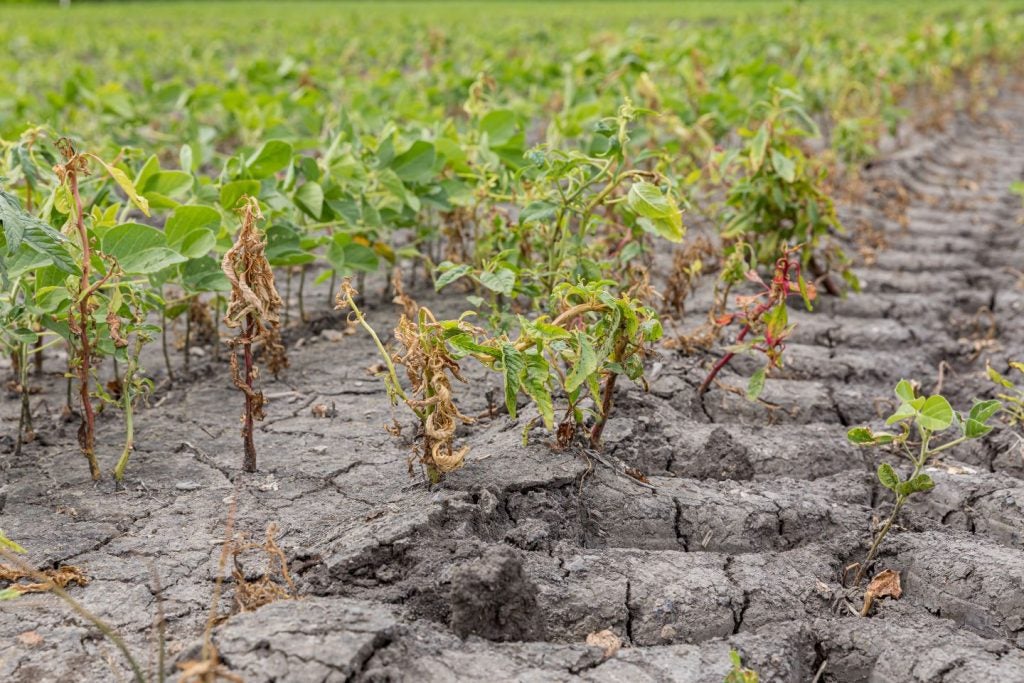Industry trade bodies have expressed disappointment in the decision saying the impact of the ruling will be felt across the Cotton Belt as dicamba-tolerant varieties account for more than 75% of US cotton acres.
Dicamba is a selective herbicide in the chlorophenoxy family of chemicals.
It was banned in 2020 by the Circuit Court of appeals but then overturned by the Trump Administration.
A federal judge in Arizona said “a crucial error” was made by the Environmental Protection Agency in reapproving dicamba, and alleged it was not posted for public notice and comment as required by law.
A spokesperson for the EPA said it is reviewing the decision.
But the National Cotton Council argued the ruling “comes at an especially problematic time of the year as many producers have already made their cropping decisions, secured seed, and are doing preparatory field work.”
“The timing of this ruling also will not allow for the production of seed with alternative herbicide technology in time for 2024 planting. Without widely available alternatives, losing the foundational herbicides in the dicamba-tolerant weed control system will put millions of acres in jeopardy of reduced production. The loss of over-the-top dicamba products exacerbates an already difficult economic situation with current prices below the costs of production.”
It is now urging the EPA to appeal the decision adding the dicamba ban is another blow for the cotton sector that will stifle the development and adoption of new technologies that not only increase productivity but bring forth environmental benefits such as the reduction of greenhouse gas emissions.
“We urge the EPA to move quickly in exploring all available options to mitigate the economic damage that will result if growers do not have access to this critical crop protection product.”
Meanwhile, Robert P Antoshak, Gherzi Textil Organisation Partner, told Just Style exclusively that while it is a move that will be cheered by many environmentalists, it is important to “get into the weeds to understand the full implications”.
He added: “Federal government enforcement of the ruling will lessen the ability of farmers to control weeds while also catching many in the middle of the planting schedule and seed procurement. It’s a practical problem.
"In turn, for clothing and textile companies, diminished yields could result in higher prices for cotton as the available supply could be reduced. As cotton prices have risen recently, clothing companies should closely monitor the situation.”









